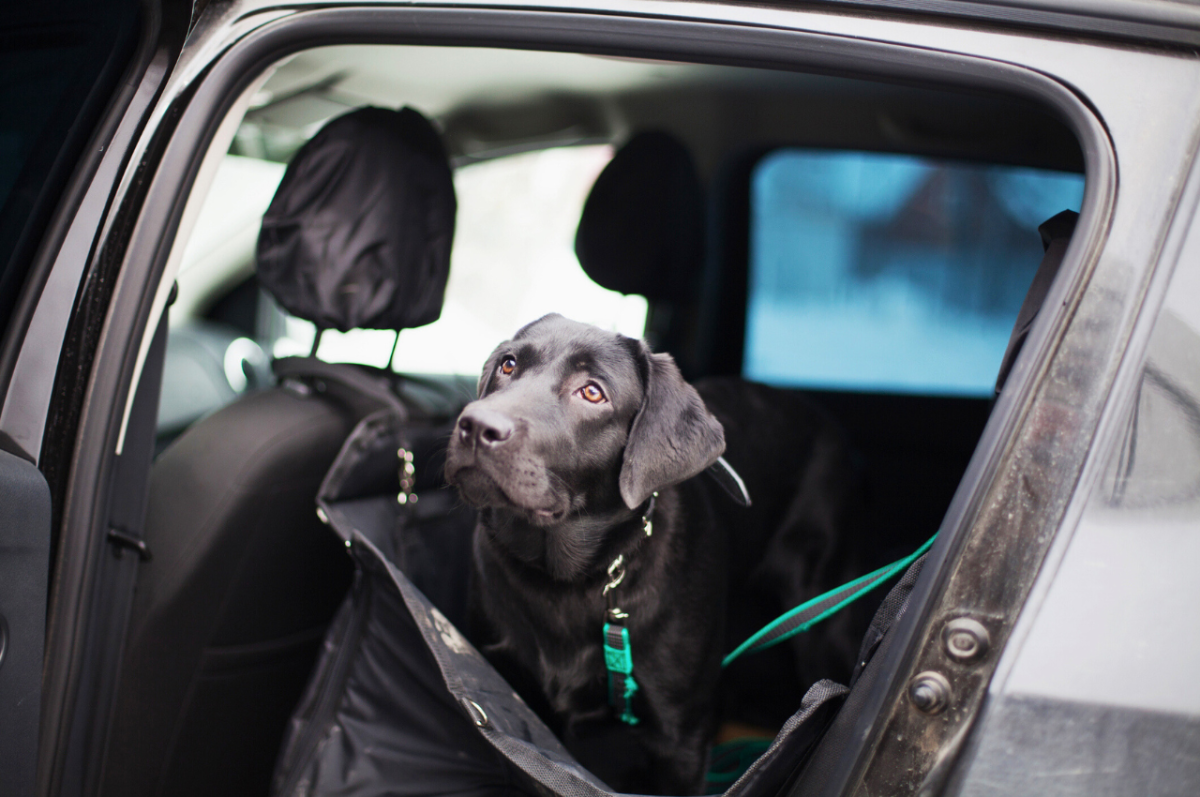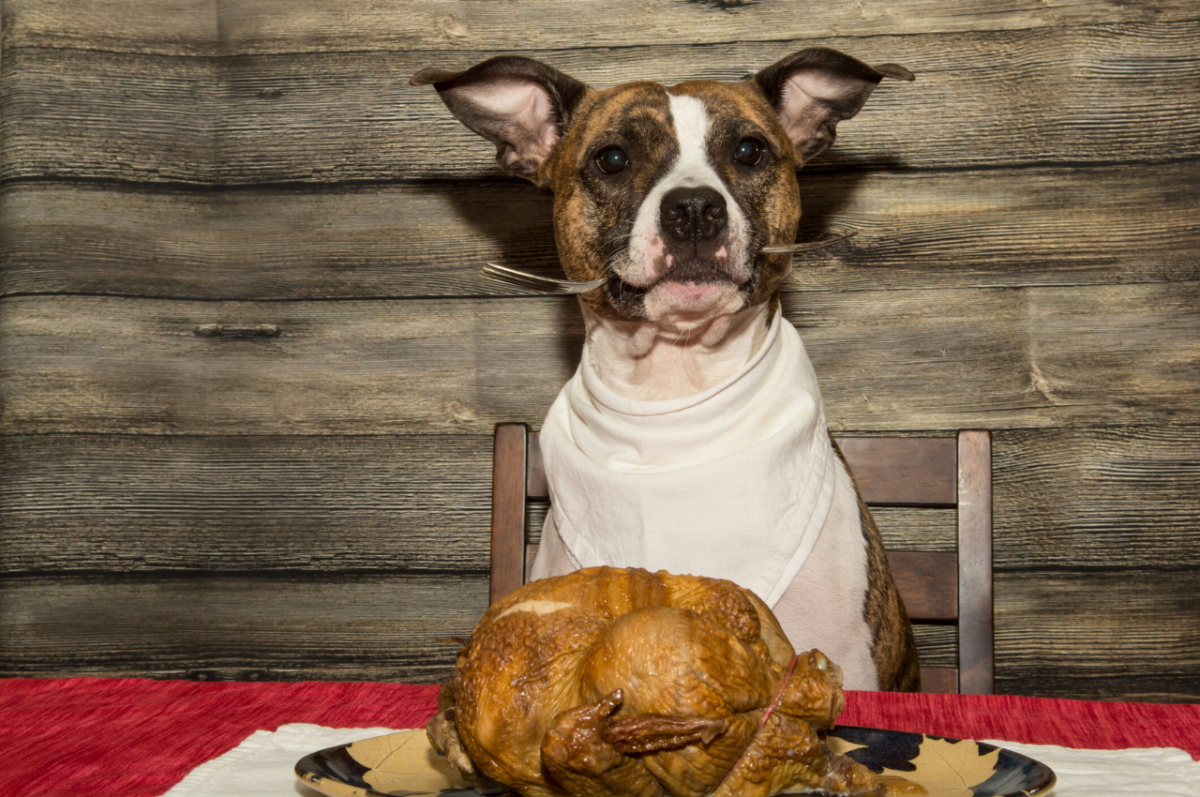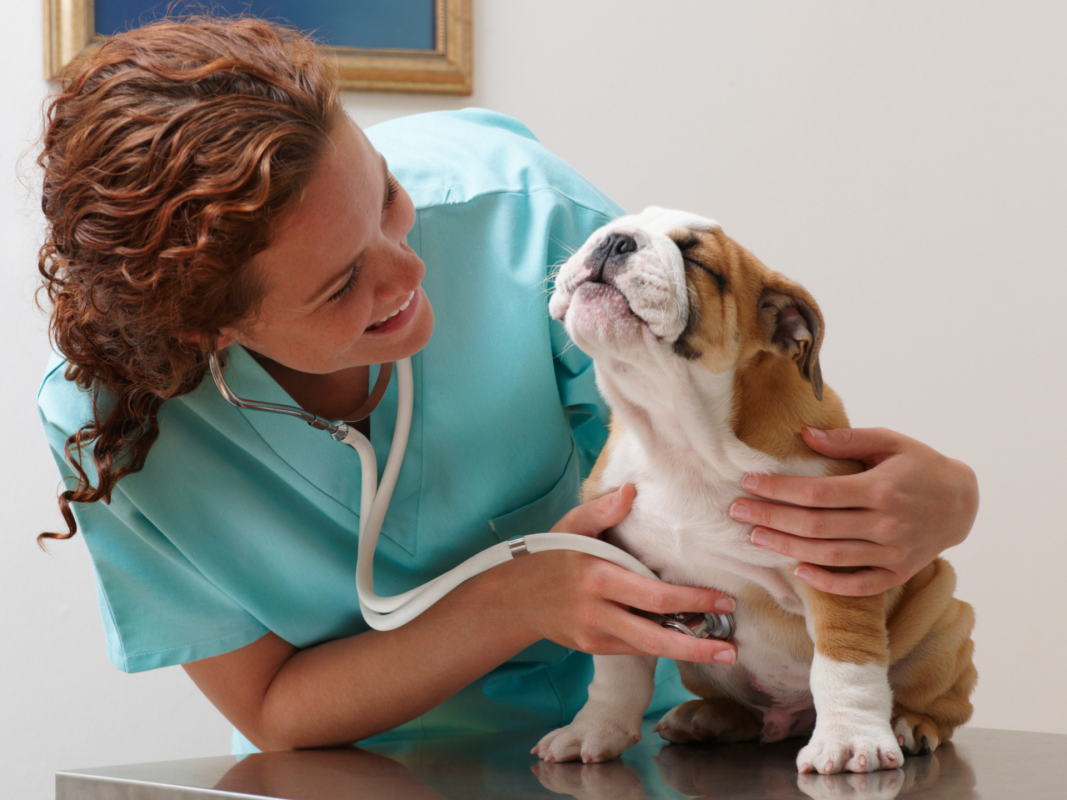When my dog was still a puppy, there was a lot to worry about, as a lot of things can go wrong at that age. Puppies, just like children, are more likely to come into contact with contagious diseases and don’t have fully functional immune systems.
Now that my puppy is an adult, there’s a lot less to worry about, so I’m confident that she’s less likely to get sick. She’s still like a teenager, however, and needs my protection at times. And as a vet, there are many things I wouldn’t do in my quest to be a responsible pet parent.
Related: Seasoned Veterinarian Reveals the One Specific Food He’d Never Feed His Dogs

1.
Leave My Dog in the Car
Cars heat up a lot more than we think, and even when not in the sun, the interior can get up to 130 degrees very quickly. Dogs can’t sweat and overheat quickly, and if left for more than a few minutes, they will suffer and may die.
There’s no way I can guarantee that I’ll be in and out of a store rapidly, and many dogs can die in just six minutes. Breeds like the French Bulldog will die even more quickly, so even if you think you’ll be back in less than a minute, it’s just not worth the risk.
2.
Ignore My Dog’s Teeth
The vast majority of pet owners don’t brush their dogs’ teeth, and over 80% of dogs over 3 years old have periodontal disease. Dogs need to have their teeth brushed every day to prevent tartar buildup, that brown, rock-like substance that can’t be removed by brushing.
If you can’t brush the teeth for some reason, there are some treats that will help, but
nothing is going to replace brushing
.
3.
Give Cooked Bones
Many vets prefer not to give bones at all, but cooked bones are especially dangerous. Uncooked chicken bones, for example, are from birds less than 8 weeks old and are soft and easily digested by most dogs. Cooked bones become brittle, however, and if you take one and break it, you’ll notice that it splinters and is sharp.
Those sharp edges can damage the esophagus when swallowed and even the intestine when they pass out of the stomach. Dogs love to chew, but there are so many good alternatives to a cooked bone.
4.
Give Food Without Reading the Ingredients
Just because a food is labeled “safe for dogs” or “human quality” doesn’t mean that it’s safe or appropriate for my dog. Nowadays,
many human foods contain xylitol
, a sugar substitute that will kill dogs and may be listed in the ingredients as something like birch sugar.
Many pet foods, even the expensive brands, contain fillers like brewers’ rice or corn gluten that I wouldn’t want to feed my dogs. If you read the
ingredients on dry dog food
, you’ll find them.

5.
Give Excessively Greasy Meals
Pancreatitis is more common in overweight female dogs, but any dog can be struck with this terrible disease, especially after eating a high-fat meal. Turkey grease that pours out of the bird when cooking is one of the biggest culprits, and just to be safe, you should never feed your dog those drippings.
6.
Give Ultra-Processed Treats
Most of us like to give treats, but there are numerous whole foods that are much better options than giving some packaged food made up of wheat or corn that’s going to
stick to the teeth
. If you want to give a treat, reach for apple slices, fresh blueberries, banana slices, veggies like pumpkin or meat.
Chicken gizzards are cheap and low in fat, and there are also good sources of chicken hearts and liver chunks on the internet. If there’s a list of ingredients, like with most commercial dog treats, I just avoid them.
7.
Give Supplemental Vitamins
A healthy dog doesn’t need to take vitamins and should get everything they need from whole foods. Supplemental vitamins and minerals are often too much of a good thing, and if a dog doesn’t pass them out in the urine (water-soluble vitamins), they can accumulate in the body and cause illnesses.
If my senior dog needs more vitamins and antioxidants, for example, I can include blueberries in her food each day and meet all of her needs. Supplemental vitamins or minerals are sometimes necessary for dogs with health conditions, but in most cases, there’s a
healthy, natural alternative
.
8.
Give Human-Labeled Medications That Aren’t Proven Safe for Dogs
There are seven
OTC human medications that are safe for dogs
, but I rarely give anything else. Benadryl and some of the older medications are fine, but most of the newer ones approved for humans haven’t been used extensively in dogs, and side effects are still unknown.
Up Next:
Related: 4 Big Pros—and Some Cons—to Feeding Your Dog a Raw Food Diet







